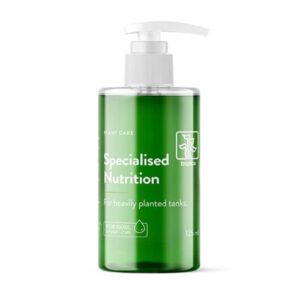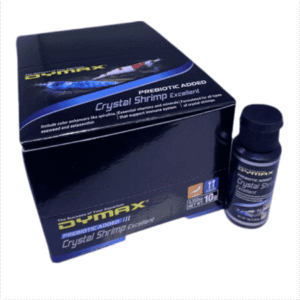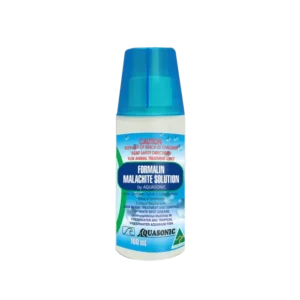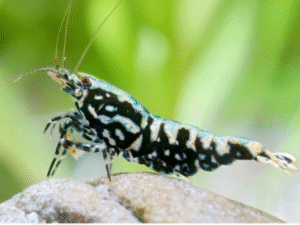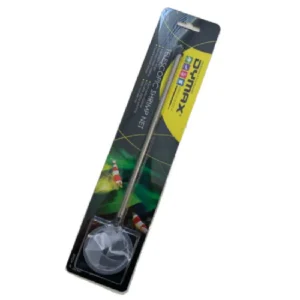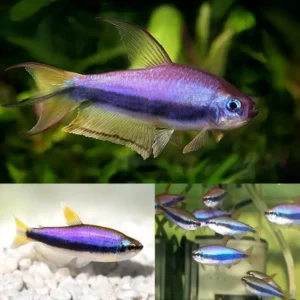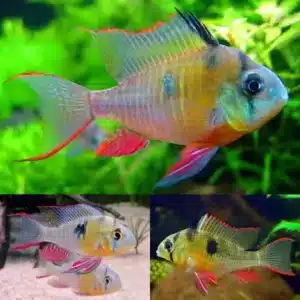Brisbane's Premier Discus Source
Discover an exceptional selection of Discus, sourced from world-renowned breeders in Malaysia and Indonesia, as well as top-quality local options.
Our dedication to delivering unmatched quality and expert guidance ensures you receive the finest care and Discus for your aquarium journey.
Visit us at 1 / 8 Finsbury Street, Newmarket.
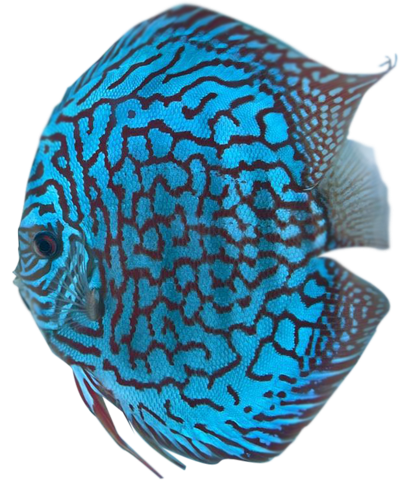
Brisbane's Premier Discus Source
Discover an exceptional selection of Discus, sourced from world-renowned breeders in Malaysia and Indonesia, as well as top-quality local options.
Our dedication to delivering unmatched quality and expert guidance ensures you receive the finest care and Discus for your aquarium journey.
Visit us at 1 / 8 Finsbury Street, Newmarket.

BROWSE OUR DISCUS STORE
We stock a wide range of Discus, Ornamental fish & products selectively sourced to provide the highest of quality and optimal range.
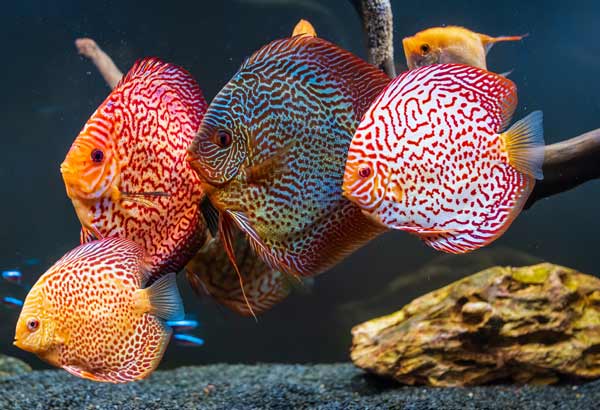
VIEW OUR FARMS
We stock a wide range of Discus fish and products selectively sourced to provide you with the highest of quality and optimal range.
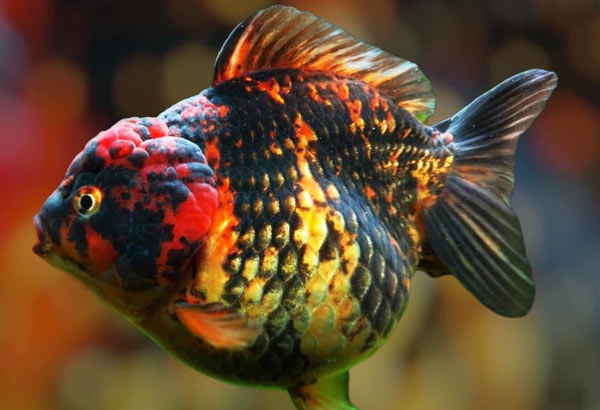
CREATE Your ACCOUNT
Join the Brisbane Discus community to earn loyalty points and enjoy secure, seamless online shopping for all your Discus and ornamental fish essentials.
Why shop with
Brisbane Discus
We stock a large variety of spectacular Discus & Ornamental fish.
We stock all you need for the healthy lifetime of your fish.
We strive to provide quality fish, products & service.
Payments are made securely online via our store.
Australia wide shipping.
Featured Fish & Products
Tropica Specialised Nutrition 300ml—complete liquid fertilizer for demanding aquarium plants. Supports lush growth, vibrant color, and healthy aquascapes!
DYMAX Slim Flow SF-120 Cartridge (2pcs) are genuine replacement filter cartridges for the Slim Flo SF‑120 hang‑on filter....
DYMAX CRYSTAL SHRIMP 10G SLOW SINKING MINI WAFER is a premium, dye‑free shrimp food made from natural ingredients...
Aquasonic Formalin Malachite Solution 100ml is a concentrated treatment for white spot disease and related external parasites in...
FritzZyme 7 Freshwater 236ml live nitrifying bacteria to cycle and stabilize freshwater aquariums. Fast, safe, and trusted by...
Black Galaxy Fishbone shrimp are a premium Caridina line with deep black bodies, galaxy‑style spots and a distinctive...
DYMAX Shrimp Net Round is a telescopic, stainless steel shrimp net designed for safely catching and transferring shrimp,...
Blue Emperor Tetra 3.5–4cm are elegant, medium‑sized schooling tetras with luminous blue to mauve males that really shine...
Bolivian Butterfly 4-4.5cm are peaceful dwarf cichlids with soft pastel colours, flowing fins and loads of personality, perfect...
DYMAX Fine Net 6″ is a mid‑sized, fine‑mesh aquarium net designed to catch fish safely without damaging scales...
Become a member
Joining our website is easy!

